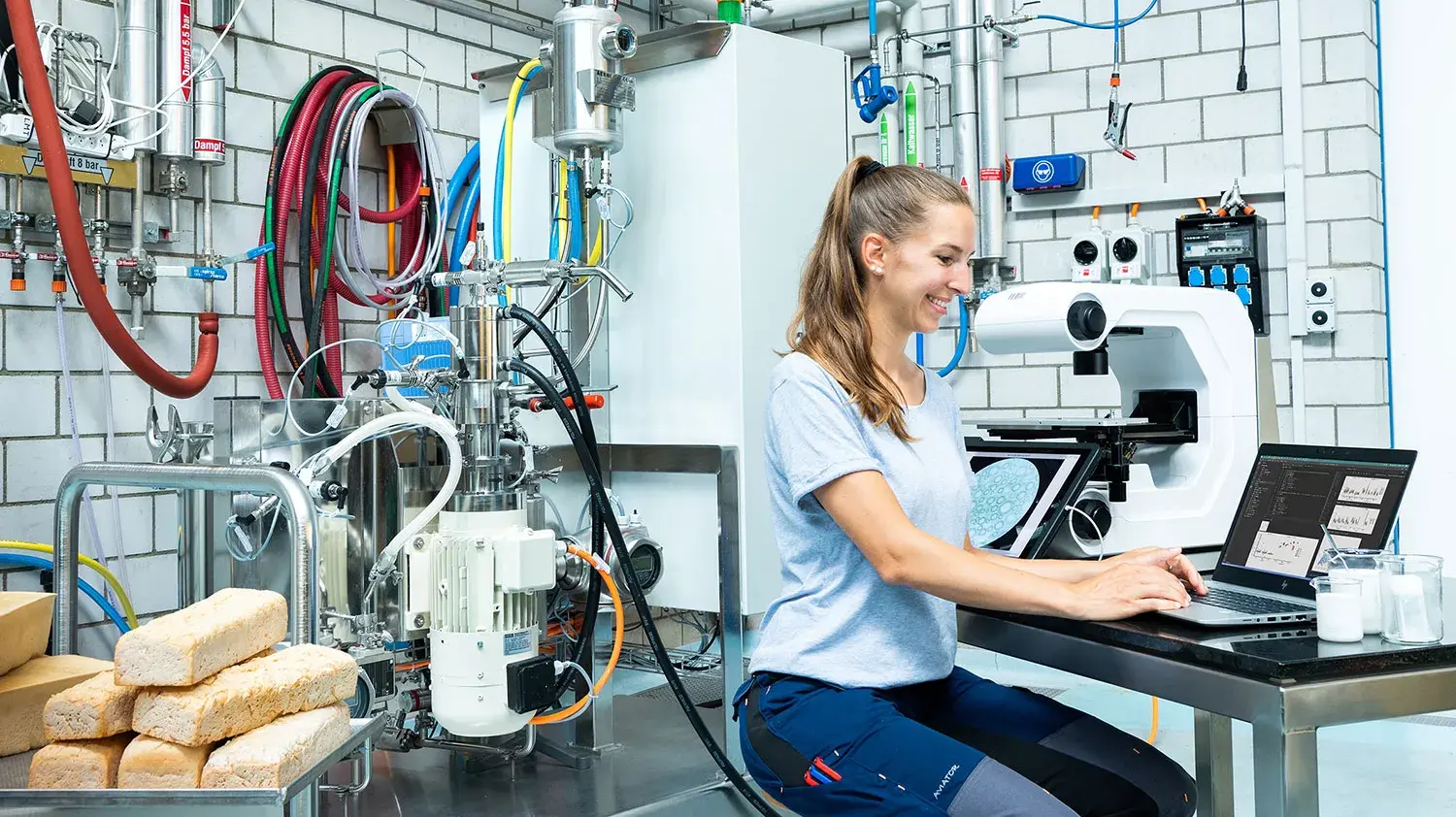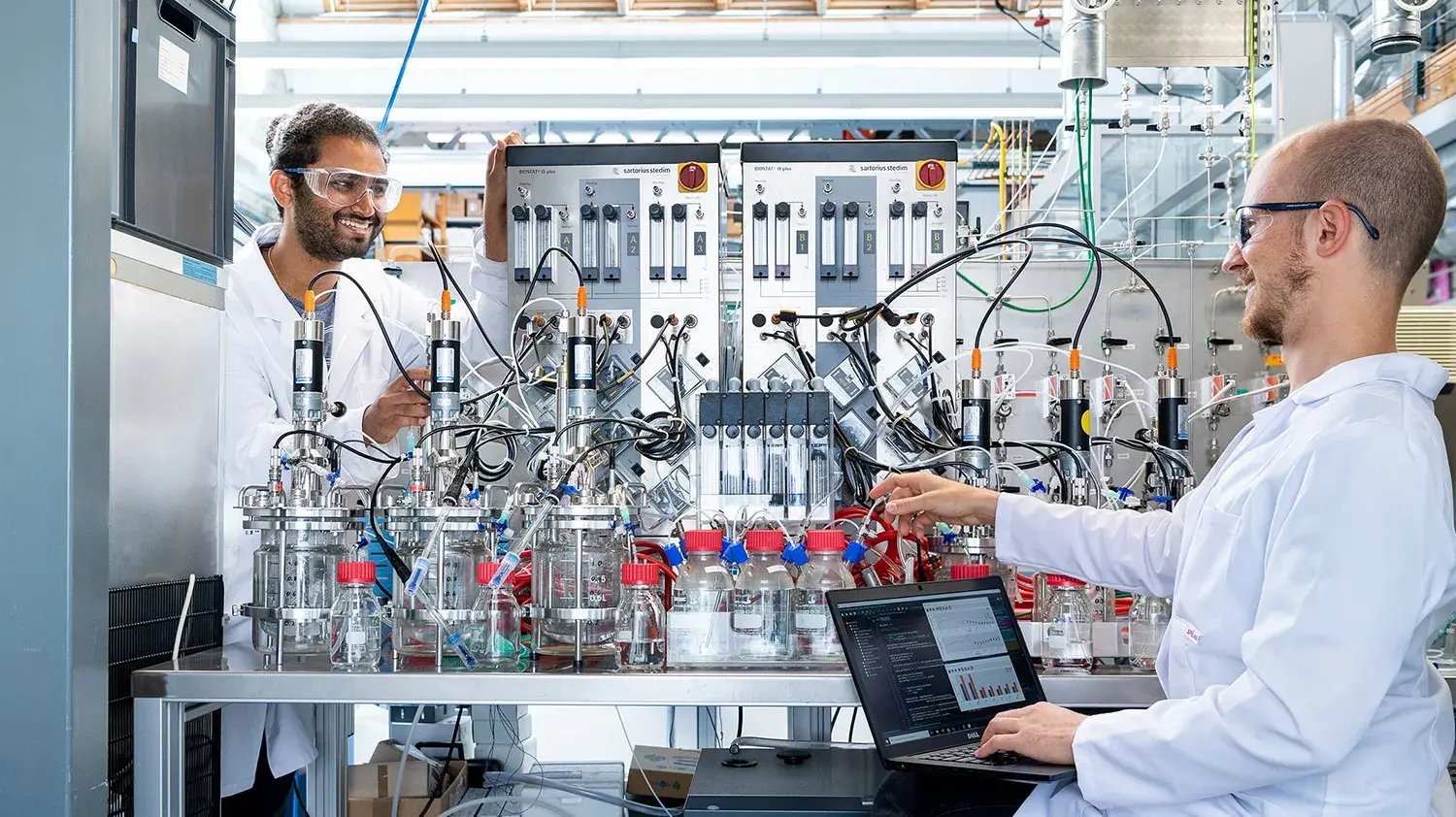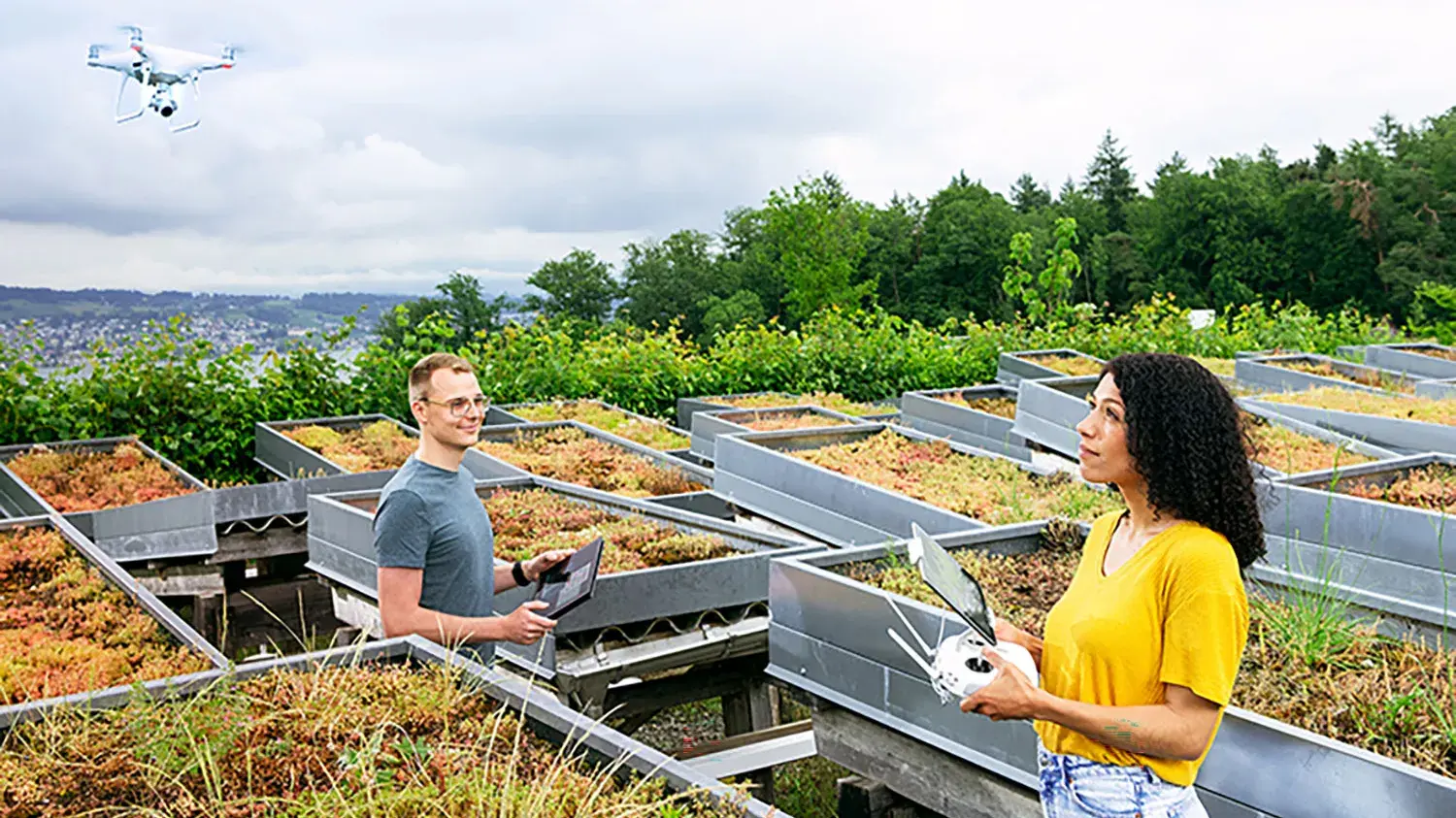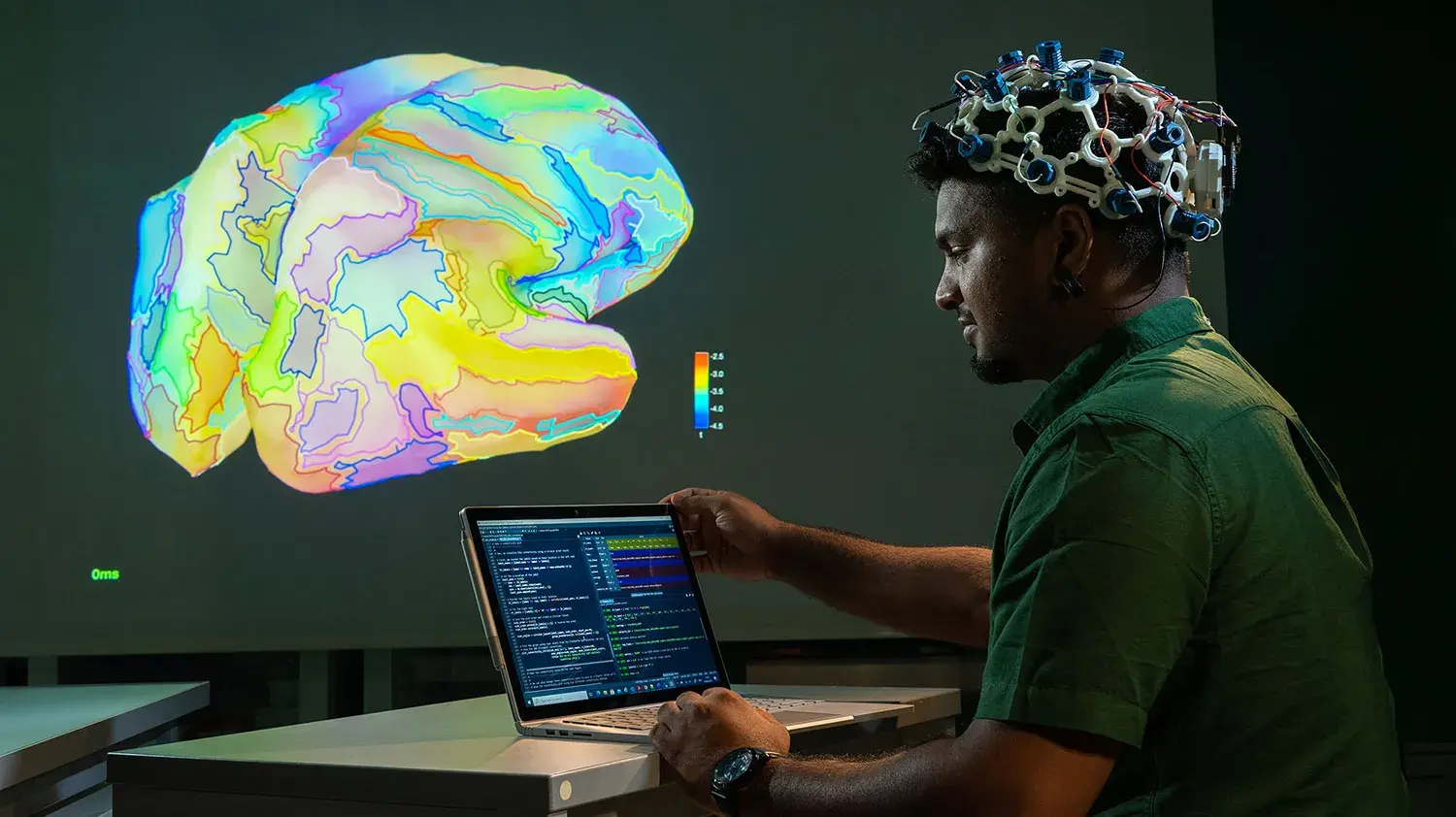Applied Digital Life Sciences Specialisations
Immerse yourself in your desired field of study and prepare yourself for a professional career in the digital life sciences.
Specialisations
In the specialisations, the focus changes from techniques to areas of application. The compulsory modules within a specialisation are supplemented by elective modules, which offer you the opportunity to develop further, either in specific topics within the specialisation or supplementary topics. This will enables you to create an individual learning profile according to your interests.
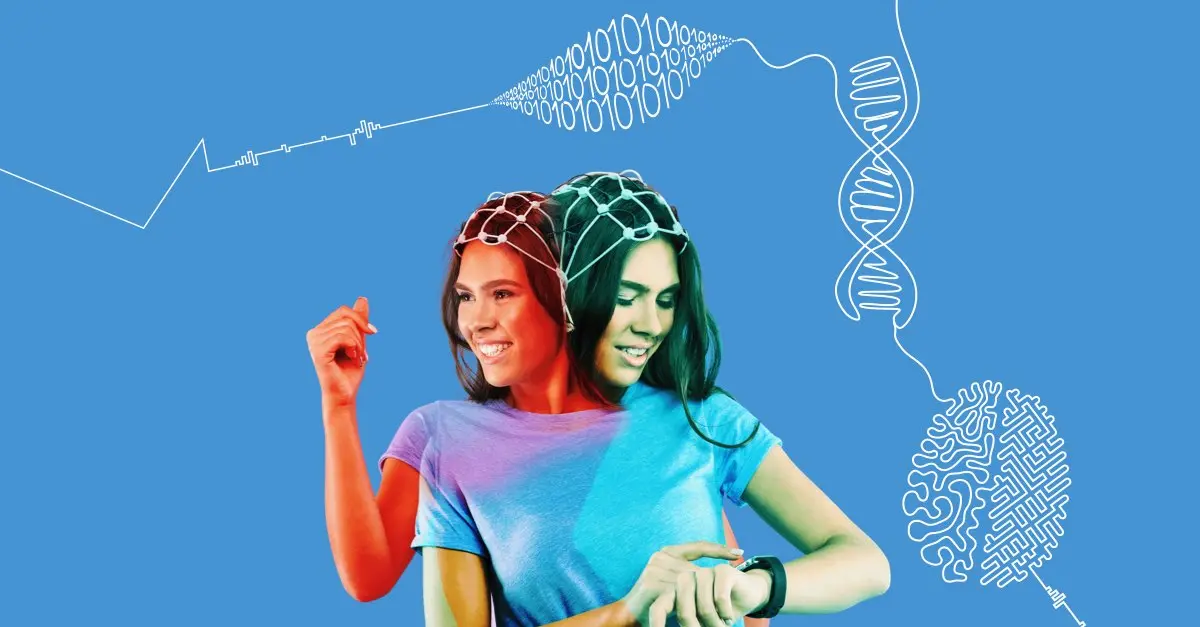
«Digital Health» Specialisation
Digitalisation in the healthcare system improves diagnoses and creates opportunities for personalised treatments. Learn to tap into people as sources of data and help to better understand and prevent diseases.
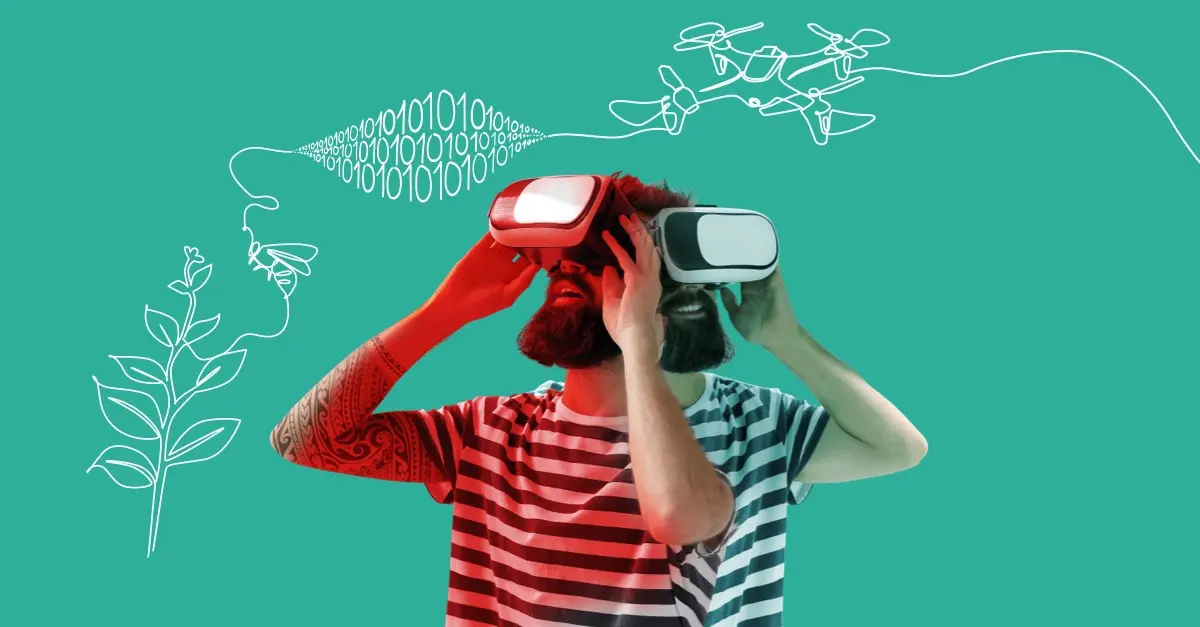
«Digital Environment» Specialisation
We are facing extremely urgent environmental challenges. Big data provides us with important answers to these complex questions. Learn to find data-based solutions to protect our environment.

«Digital Labs and Production» Specialisation
Apply your data-based knowledge in a targeted manner and learn to optimise or reinvent various processes in the laboratory and in production.
Minors
A minor consists of a specific combination of subject-related, elective modules and provides an opportunity for further specialisation in a particular field. To complete a minor, you must successfully complete modules totalling at least 6 ECTS credits, as well as either Project Work 2 or the Bachelor’s thesis in the area of the minor. If the modules associated with the minor are attended and successfully completed, this will be confirmed with a certificate. There are various possible minors that focus on the following topics:
- The Bioinformatics Minor consists of the following modules: Genomics, Bioinformatics 1, Bioinformatics 2, Integrated Omics.
- The Digital Molecules Minor consists of the following modules: Chemometrics, Molecular Imaging, Fluid Dynamics, Digital Molecule Design, Laboratory Informatics, Industrial Systems.
- The Food Processing Minor consists of the following modules: Microbiology, Digital Food Processing 1, Digital Food Processing 2, Fluid Dynamics, Industrial Systems.
- The Image Processing Minor consists of the following modules: Machine Learning in Diagnostic Imaging, Molecular Imaging, Image Processing for Remote Sensing, Medical Image Analysis and Probabilistic Data Modelling.
- The Ecology and Geodata Processing Minor consists of the following modules: Remote Sensing and Geodata Acquisition, Image Processing for Remote Sensing, Advanced Environmental Statistics, Ecological and Energy Engineering, Communication and Collaboration in Environmental Science.
Ready for the next step?
- Visit our information events in spring or autumn.
- Questions about the programme? Use the contact form.
- Register for the bachelor's degree programme using the online portal.
